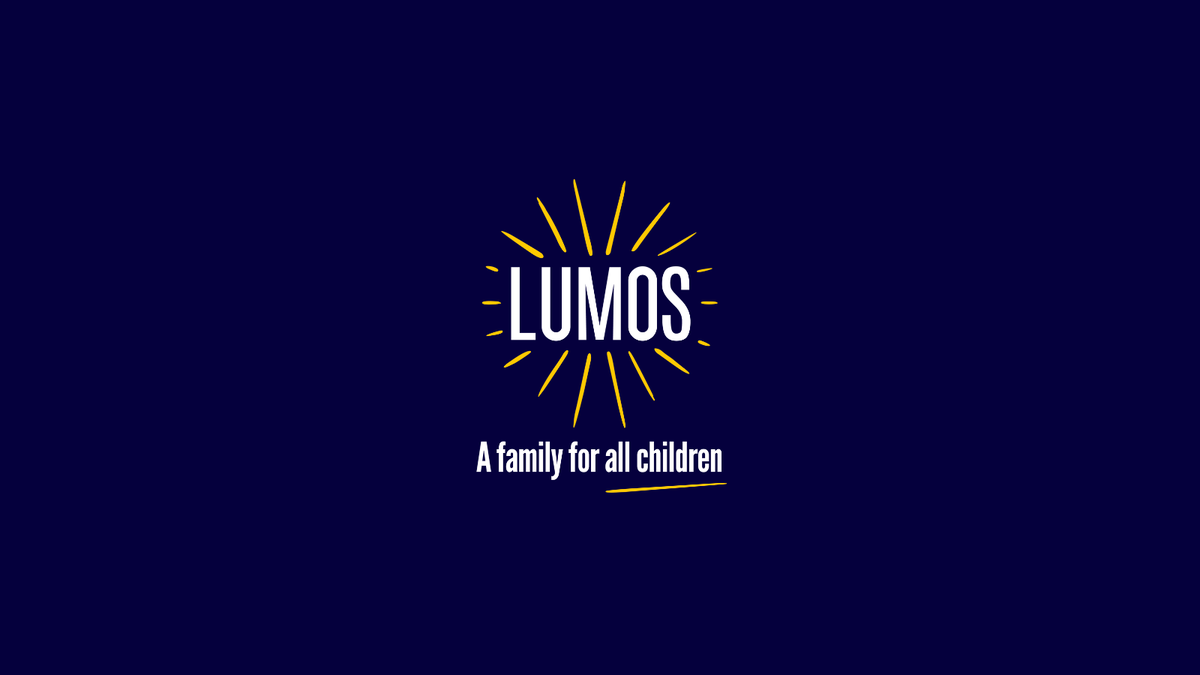As Foreign Secretary David Lammy launches his new campaign to progressively end the institutionalisation of children and ensure support for every child to have a safe and loving family, Lumos welcomes the opportunity to shine a critical light on the millions of children worldwide who are denied their fundamental right to family life.
The Scale of the Crisis
An estimated 5.4 million children currently live in residential institutions, separated from their families and communities. This figure represents just a fraction of the tens of millions of children globally who are separated from their families due to conflict, discrimination, displacement, or death.
The continued use of institutions represents a failure of modern child protection systems and perpetuates an outdated model of care that should be consigned to history.
The devastating impact of institutional care is well-documented. Research consistently shows that separation from family can cause significant developmental delays and diminish long-term life opportunities. Even more alarming, institutions often fail to protect the children in their care: more than half of children raised in institutions experience physical or sexual abuse. Poor safeguarding practices make these children particularly vulnerable to trafficking and exploitation.
A Solution Within Reach
This crisis is solvable. Numerous countries are successfully transitioning from institutional care to family-based alternatives through systematic reform. When children cannot remain with their birth families, governments can and must provide alternative family-based care options, including:
- Foster care programs
- Support for kinship care arrangements
- Domestic adoption services
- Community-based support systems
Prevention: The First Line of Defence
Family separation is often preventable through targeted support and intervention. Effective prevention strategies include:
- Comprehensive social protection measures
- Inclusive education programs
- Specialised support for children with disabilities
- Parenting skills development
- Programs to combat discrimination against minorities
The Path Forward
Achieving global reform requires unwavering commitment and substantial investment. Key priorities must include:
- Strengthening child protection systems
- Developing robust family-based care alternatives
- Building community support services
- Training social service professionals
- Implementing effective monitoring systems
This global campaign that the UK government has announced today, presents a pivotal opportunity for countries around the world to share learnings and successes in keeping children in their families and to bring about a major transformation of childcare policies and practices across the world.
By working together – governments, organisations, and communities – we can transform the lives of millions of children and consign institutional care to the history books where it belongs.
“The fact that 5.4 million children are still confined to institutions in 2025 is nothing short of a global tragedy – especially when we know that 80% of these children have at least one living parent. But this is a solvable crisis. For over two decades, Lumos has been at the forefront of transforming child care and protection systems worldwide, proving that with the right approach, political will, and investment, we can make sure that children grow up where they belong: in families. We know what works and we have successfully partnered with countries across the world to support their transition from institutional to family-based care and to prevent family separation. David Lammy's-led campaign creates an opportunity to rally together and accelerate this transformation. We stand ready to share our expertise and partner with governments to make family care, not institutional care, the global standard for all children.” - Howard Taylor, Lumos CEO.



